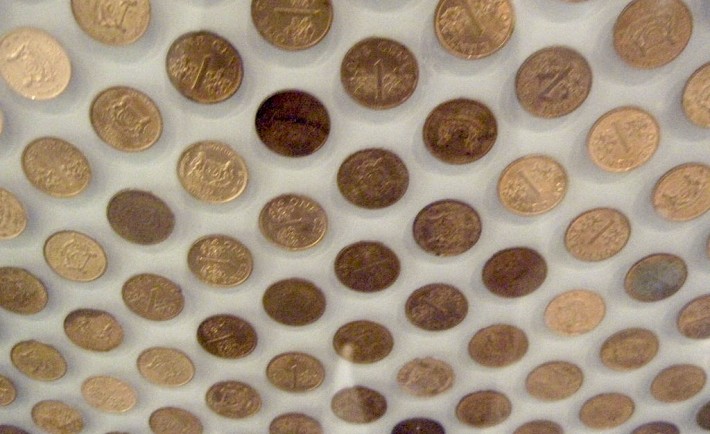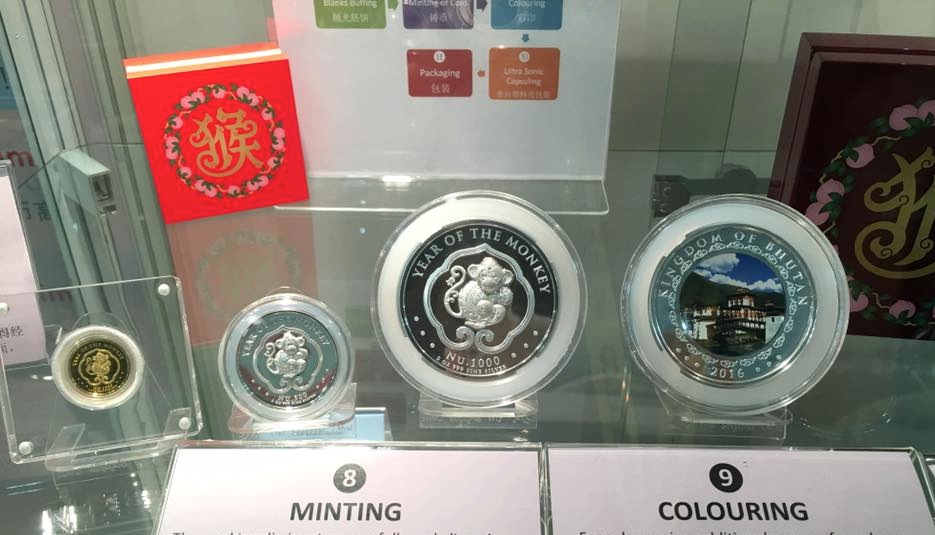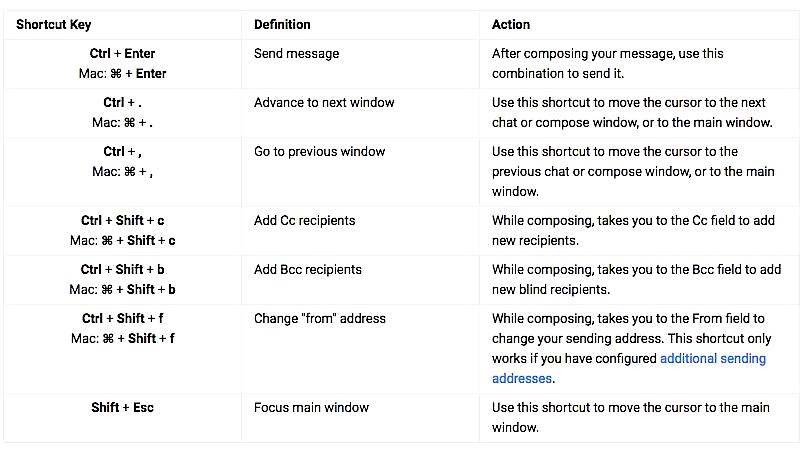Welcome to the wonderful world of currency collection!
History manifested coin and banknote collection as a pastime for scholars. Nowadays, being a scholar is not a mandatory feature of a collector. It is the interest towards currency collecting that drives this hobby into motion.
Banknotes are unique collectible pieces that embody arts, culture, politics, history, and distinct serial numbers. Coin collecting, on the other hand, has been popular since the medieval times (collected by the European monarchs in 1500s).
As a start, you can collect the banknotes and coins available in Singapore and in the neighboring countries. If you have a limited budget, it is more inexpensive to collect currencies in lower denominations. Joining a currency collection club and attending related exhibitions are useful ways to update your knowledge. For instance, the Singapore Historical Banknote Collections’s Facebook page announced the “Singapore International Coin Fair” last April 1-3. It is a coin and banknotes exhibition that happens only once a year. Follow their page to stay informed.
Newbie collectors are advised to specialize not only because of a tight budget but also because of the opportunity to become an expert on a certain series. Currency collection with a face value can both signify a hobby and an investment.
TYPES OF BANKNOTES
- UN-CIRCULATED COINS: These notes are taken out from a pack of unused banknotes and are placed carefully in protective holders.
- COMMEMORATIVE ISSUES: These notes are issued to honor a special event such as the ones issued to celebrate SG50.
- RARE NOTES: These were created with misprints or errors. Being one of its kind, these are sold at a high premium.
- NOTES WITH DISTINCTIVE MARKS: These are notes with distinctive logos, commemorative text, and serialized numbering of notes printed.
- NOTES WITH LIMITED CIRCULATION: These are sought after notes due to its limited supply.
- NOTES WITH AUSPICIOUS NUMBERS: In the Chinese culture, there is a widespread belief of auspicious or lucky numbers. These auspicious feature can only be found in notes where numbers are serialized.
TYPES OF COINS
- SINGAPORE CIRCULATION COINS: A complete set of all the coins in Singapore must start in 1967. There are 6 denomination of coins in circulation such as 1 cent, 5 cents, 10 cents, 20 cents, 50 cents, and $1.
- CIRCULATION COINS: One of the least expensive and the most popular collection among beginners.
- EARLY COINAGE OF SINGAPORE: These are the coins issued before the formation of the Republic (expanding way back to 1819).
- NUMISMATIC & COMMEMORATIVE COINS: These are released occasionally at various times of the year.
- COINS BY THEME: These are collectible coins with themes such as people, endangered species, sports, and many more.
- BULLION COINS: These coins are mainly minted with gold, silver, and other precious metals. They are sold at premiums marginally above their “gold content” to entice investors.










